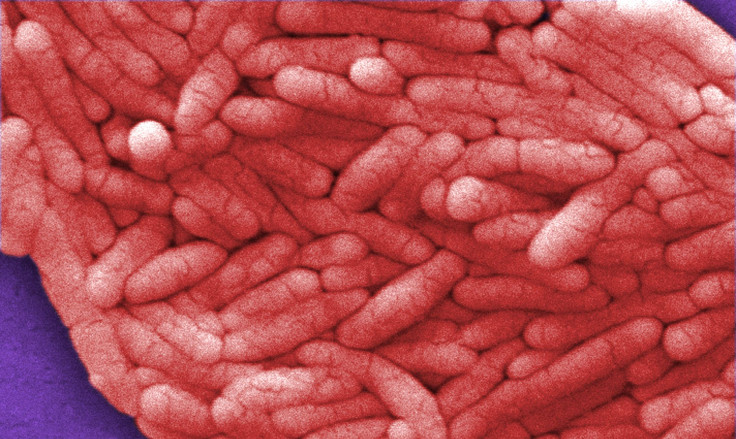Salmonella Outbreak: Salami Sticks Sold At Trader Joe's Linked To Illnesses In 8 States
KEY POINTS
- Investigations have so far linked the illnesses to Citterio brand salami sticks
- Trader Joe's has voluntarily stopped selling the products nationwide
- The CDC clarified this outbreak is different from other ongoing Salmonella outbreaks
Authorities are investigating another Salmonella outbreak affecting several states. This time, it has been linked to salami sticks that were sold primarily at Trader Joe's.
There have been 20 reports of illnesses in eight states as of the Saturday announcement, the Centers for Disease Control and Prevention (CDC) said. According to the agency, 80% of the patients were "younger than 18 years old" and three have so far been hospitalized.
Based on interviews with nine of the people who got sick, "all" reported that they ate salami sticks, with eight noting that they ate or "may have eaten" Citterio brand Premium Italian-Style Salame Sticks, which were sold at Trader Joe's and "may be sold at other stores."
"This percentage was significantly higher than the 39.8% of respondents who reported eating salami, pepperoni, or other Italian-style meat in the FoodNet Population Survey — a survey that helps estimate how often people eat various foods," the CDC noted. "This comparison suggests that people in this outbreak got sick from eating salami sticks."
Trader Joe's has voluntarily stopped selling the said product nationwide "until we learn more," and authorities are also still investigating if some other products may be linked to the illnesses.
Based on the map of where the 20 people affected by the outbreak live, California has the most number of people who fell ill, with eight of the illnesses reported in the state. Michigan and Minnesota have three cases each, while Illinois has logged two. Kansas, New Jersey, New York and Virginia have reported one case each.
"Children are more likely to get very sick from Salmonella," the agency noted. "CDC is advising people not to eat Citterio brand Premium Italian-Style Salame Sticks."
NEW SALMONELLA OUTBREAK: Do not eat Citterio brand Premium Italian-Style Salame Sticks with any best-by date. They were mainly sold at Trader Joe’s grocery stores. For more info: https://t.co/dnYd0YhkvU pic.twitter.com/qCRHD21Pdr
— CDC (@CDCgov) October 23, 2021
The agency clarified that the outbreak is different from other ongoing Salmonella outbreaks, like the ones linked to seafood, Italian-style meats and onions.
For instance, it was only last week when authorities identified imported onions as the source of the Salmonella Oranienburg outbreak that has caused 652 illnesses across 37 states. In response, Idaho-based ProSource has recalled its imported onion products sold under several brand names while Keeler Family Farms has also recalled its onions labeled "MVP." Potandon Produce has also recalled its Green Giant branded red, yellow and white onions as they were "sourced from ProSource."

© Copyright IBTimes 2025. All rights reserved.






















